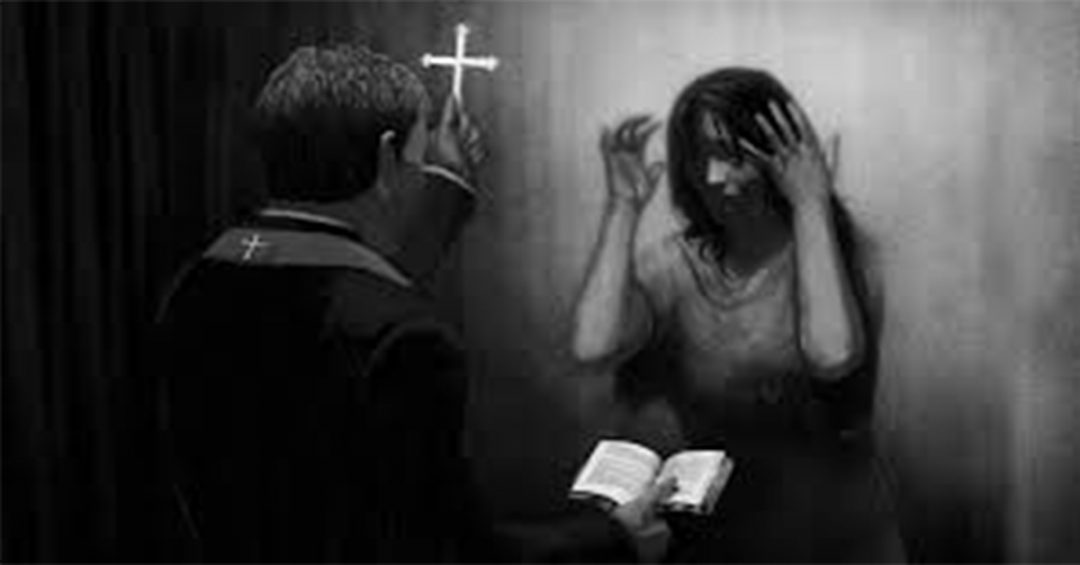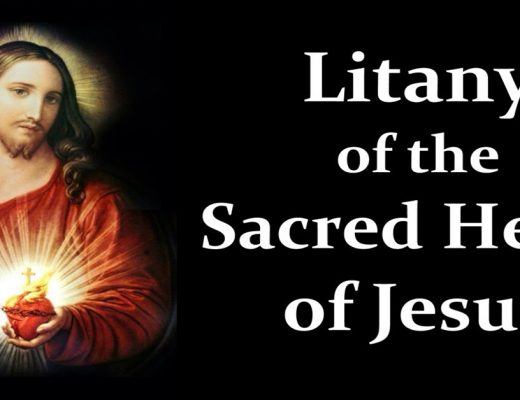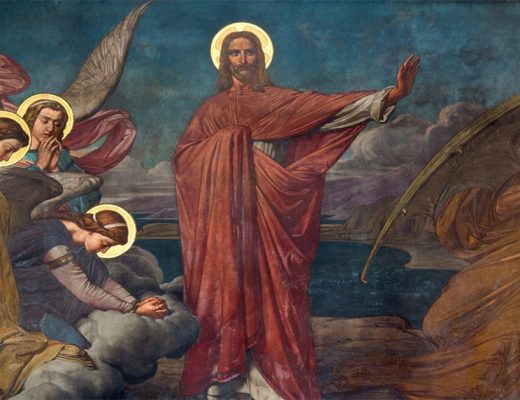Monsignor Gianfranco Girotti, Regent of the Catholic Apostolic Penitentiary, asked, what are, in his view, the new sins? Through an interview with the Vatican newspaper ‘L’Osservatore Romano.’ Girotti whose office dealt with matters of conscience and the granting of forgiveness emphasized that sins with social consequences harm society as a whole. Including, for instance, specific violations of the fundamental rights of human nature, through:
- Genetic manipulation or testing
- Drug useand trafficking, which weakens the mind and blocks intelligence
- Environmental pollution
- Abortion and paedophilia
- Widespread social and economic differences between rich and poor
- Causing social injustice
- Accumulation of excessive wealth and causing poverty
Let’s see what the Holy Bible say about these modern evils, but that does not mean that these sins have no ancient roots!
- Genetic manipulation/modification or testing
Human genetic modification is the direct manipulation of the genome using molecular engineering techniques.
The book of Proverbs (12:7-8) said, ‘The wicked are overthrown and are no more, but the house of the righteous will stand. A man is commended according to his good sense, but one of twisted mind is despised.
Moreover the wisdom of God manifested more clearly as the book of Psalm (139:13-16) joyfully proclaims,
For you formed my inward parts; you knitted me together in my mother’s womb. I praise you, for I am fearfully and wonderfully made. Wonderful are your works; my soul knows it very well. My frame was not hidden from you, when I was being made in secret, intricately woven in the depths of the earth. Your eyes saw my unformed substance; in your book were written, every one of them, the days that were formed for me, when as yet there was none of them.
St Paul to the Romans (1:22-23) emphasising on those
‘claiming to be wise, they became fools, and exchanged the glory of the immortal God for images resembling mortal man and birds and animals and creeping things.
- Drug use, which weakens the mind and blocks intelligence
The letter to the ROMANS (13:13) said, ‘Let us behave decently, as in the daytime, not in carousing and drunkenness, not in sexual immorality and debauchery, not in dissension and jealousy.’
Also St Paul send a letter to Titus (2:3) his companion and disciple ordering him to
‘teach the older women to be reverent in the way they live, not to be slanderers or addicted to much wine, but to teach what is good.’
Then in Proverbs (22:3) is said, ‘The prudent see danger and take refuge, but the simple keep going and pay the penalty.’
- Environmental pollution
The Holy bible holds many examples of God controlling the weather and using it to direct the world, and His Sovereignty controls all things and works according to His purposes as the creator of the universe and author of life as the book of Genesis marvellously presents the work of God in (1:31), ‘And God looked upon all that He had made, and indeed, it was very good.’
And nowhere near could Job perceive the knowledge of God that surpasses any glory and was beyond his reach to understand all that had happened to him (12:7-10). ‘But ask the animals, and they will teach you, or the birds of the air, and they will tell you; or speak to the earth, and it will teach you, or let the fish of the sea inform you. Which of all these does not know that the hand of the Lord has done this? In his hand is the life of every creature and the breath of all mankind.’
Also another emphasis from St Paul on the goodness of God’s work in his letter to his co-worker and companion Timothy in (1 Timothy 4:4-5) when he wrote, ‘For every creation of God is good, and nothing that is received with thanksgiving should be rejected, because it is sanctified by the word of God and prayer.’ Moreover St Mathew said (6:26), ‘Look at the birds of the air; they do not sow or reap or store away in barns, and yet your heavenly Father feeds them. Are you not much more valuable than they?’
- Abortion and pedophilia
The following is what the Church teaches about abortion, ‘Human life must be respected and protected absolutely from the moment of conception. From the first moment of his existence, a human being must be recognized as having the rights of a person among which is the inviolable right of every innocent being to life (2270).
God tells the prophet Jeremiah (1:5), ‘before I formed you in the womb I knew you, and before you were born I consecrated you. Also Job (10: 8-12) and Psalm (22:10-11).
David proclaims in Psalm 139 that God ‘created my inmost being’, he ‘knit me together in my mother’s womb’, and ‘fearfully and wonderfully made’ and he adds, ‘my frame was not hidden from you, when I was being made in secret….’
Since the first century the Church has affirmed the moral evil of every procured abortion. This teaching has not changed and remains unchangeable. Direct abortion, that is to say, abortion willed either as an end or a means, is gravely contrary to the moral law: You shall not kill the embryo by abortion and shall not cause the newborn to perish (Didache 2,2…), (2271).
Isaiah (5:20-23) strongly warns, ‘woe to those who call evil good and good evil, who put darkness for light and light for darkness, who put bitter for sweet and sweet for bitter! Woe to those w ho are wise in their own eyes, and shrewd in their own sight! Woe to those who are heroes at drinking wine, and valiant men in mixing strong drink, who acquit the guilty for a bribe, and deprive the innocent of his right!
And child abuse, child sexual abuse, or anything abnormal towards children (pedophilia) Jesus forewarns in Matthew (18:10) to ‘see that you do not despise one of these little ones. For I tell you that their angels in heaven always see the face of my Father in heaven.’ Further adding in Mark’s Gospel (9:42), ‘whoever causes one of these little ones who believe in me to sin, it would be better for him if a great millstone were hung around his neck and he were thrown into the sea.’
- Widespread social and economic differences between rich and poor
God said in the book of Exodus (22: 25), ‘If you lend money to any of my people who are poor, do not act like a moneylender and require him to pay interest’: in other words, the rich shouldn’t take advantage of people who are already poor to make them poorer.
And wonderfully He shows His concern in Leviticus (19.10) by saying, ‘do not go back through your vineyard to gather the grapes that were missed or to pick up the grapes that have fallen; leave them for poor people and foreigners. I am the Lord your God.’ In other words, not to maximise profit for the rich at the expense and labour of the poor as it is forbidden by God.
Also Jesus has warned of the moral vulnerability run by rich people in his well-known saying in Luke (18:25): ‘Indeed, it is easier for a camel to pass through the eye of a needle than for a rich man to enter the kingdom of God.’ because the rich is subject to temptation.
- Causing social injustice
The Catechism of the Catholic Church describes social justice this way: “Society ensures social justice when it provides the conditions that allow associations or individuals to obtain what is their due, according to their nature and their vocation. Social justice is linked to the common good and the exercise of authority.” (1928)
St. Catherine of Siena said, ‘distribute the virtues quite diversely; I do not give all of them to each person, but some to one, some to others . … I shall give principally charity to one; justice to another; humility to this one, a living faith to that one . . .. And so I have given many gifts and graces, both spiritual and temporal, with such diversity that I have not given everything to one single person, so that you may be constrained to practice charity towards one another . . .. I have willed that one should need another and that all should be my ministers in distributing the graces and gifts they have received from me.’
Also Micah (6:8) and the prophets often enforces that men are required to have the principles of moral conduct by saying, ‘He has told you, O man, what is good; and what does the Lord require of you but to do justice, and to love kindness, and to walk humbly with your God?
And Leviticus (19:15), “You shall do no injustice in court. You shall not be partial to the poor or defer to the great, but in righteousness shall you judge your neighbour.’
Ezekiel adds (16:49), ‘Behold, this was the guilt of your sister Sodom: she and her daughters had pride, excess of food, and prosperous ease, but did not aid the poor and needy.’
And the Lord God summed up by saying in Matthew (25:40), ‘Truly I tell you, whatever you did for one of the least of these brothers and sisters of mine, you did for me.’
- Accumulation of excessive wealth and causing poverty
St Paul in his first letter to Timothy (6:17-18) offers divine instructions for the wealthy among them. ‘Command those who are rich in this present world not to be arrogant nor to put their hope in wealth, which is so uncertain, but to put their hope in God, who richly provides us with everything for our enjoyment. Command them to do good, to be rich in good deeds, and to be generous and willing to share.’ And ‘whoever loves money never has enough; whoever loves wealth is never satisfied with their income. This too is meaningless” (Ecclesiastes 5:10). And to Hebrews (13:5) St Paul said, ‘Keep your lives free from the love of money and be content with what you have, because God has said, ‘Never will I leave you; never will I forsake you.’
Gerotti sees a social dimension of these sins. He urges effective penance. Therefore, the atonement today is mainly implanted in the social dimension, where social relations are both complex and weak as a result of globalization.






No Comments